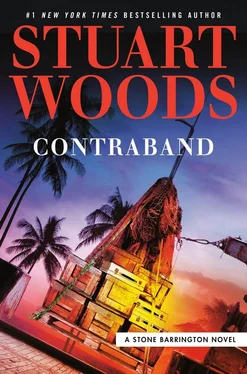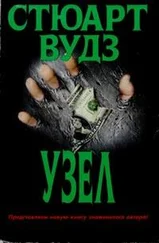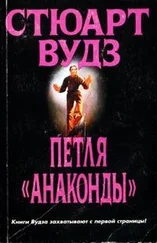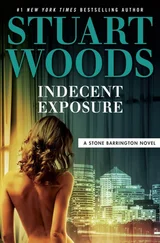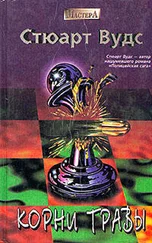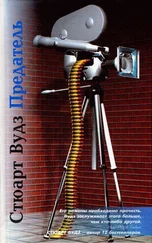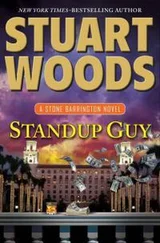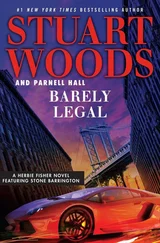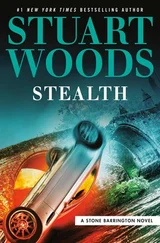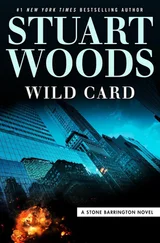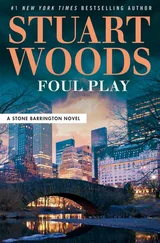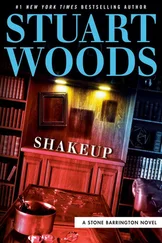“You want me to pour Dino’s now?”
“No, he’ll bitch about it being watered down by the melting ice.”
Dino came in, and the bartender poured. “Well, how’d the rest of your day go?”
“You mean the fifteen minutes between when you hung up and I hung up on Robbie?”
“You did? Really?”
“And I told Joan to tell her I’m unavailable, when she calls back.”
“Has she got your cell number?”
“I’m not sure, but if she has it, she’ll be on the phone again. She wanted me to replace Herbie.”
“Did she have any comment on the second gun?”
“Yes, she said it won’t be a match. She seemed certain about that.”
“I’ve already tipped the team on the case that she seemed to know that.”
“Oh, good. God help the next lawyer she hires.”
Dino took a swig of his scotch. “Do you think she has the moxie to pull off a double murder like this?”
“I wouldn’t have thought so, but these days, there are so many murders being solved on TV shows that everybody’s an expert on not getting caught. You know: wear gloves, wash your hands in perfume, wear a hoodie to thwart the cameras, and so on.”
“Until they get caught.”
“If she doesn’t have that moxie you’re talking about, then only dumb luck has gotten her this far,” Stone said.
“I don’t believe in dumb luck where double homicides are involved,” Dino replied.
Stone glanced in the mirror and caught more than a glimpse of Roberta Calder walking into Clarke’s with an attorney he knew a little. “Check out the mirror,” he said to Dino.
“Who’s the guy?” Dino asked.
“Carter Simmons. He’s from a white-shoe firm in Midtown, handles white-collar crimes.”
“You think this is a job interview?” Dino asked.
“What else?” Stone replied. “I wish I could think of a way to tip off the poor bastard without her knowing.”
Herbie called at mid-afternoon the next day.
“Hey, Herb.”
“You won’t believe who was sitting in my office when I arrived this morning.”
“Not the dreaded Roberta.”
“One and the same, and she was all sweetness and light. She presented me with a check for my bill so far — she had gotten my hours from my secretary before I got here — and another check for twenty-five grand for a retainer. And she apologized profusely for her behavior of yesterday.”
“Does she know about the .38 in her underwear drawer not being a match?”
“She does.”
“So why does she need an attorney?”
“To handle the estate of one Randall Hedger.”
“Estate? Randy? Is she hoping to sell his clothes at a profit?”
“The lamented Randy appears to be of more substance than we had heretofore realized,” Herb said.
“What? Did he fix a horse race, or something, and cash in big? If that’s the case, maybe his bookie shot him.”
“That possibility crossed my mind,” Herb said. “Robbie brought his will with her, and Estelle Parkinson’s, as well. Apparently, Robbie and Hedger both made wills when they got married, and they were locked in her office safe, sealed. We opened them in the presence of two witnesses, and they had both left the other everything. Randy probably thinking that, since he didn’t have an estate, what the hell? And he appointed her his sole executor.”
“What about Estelle’s will? When was that executed?”
“Later, a couple of weeks before she died.”
“And who were her heirs?”
“Just Hedger.”
“So Hedger inherits from Estelle, then Robbie inherits from Hedger.”
“Exactly.”
“Then they both had motives for killing Estelle.”
“Right.”
“My money is on Hedger,” Stone said. “Robbie is the person driving the Macan. She’s following Hedger, and she finds Estelle’s body, then she chases him down and shoots him.”
“That’s the cops’ problem,” Herb said. “Talk to them.”
“Have you turned up anything else at all?”
“Ah, yes. The plot thickens, as they say in Victorian fiction, or is it Agatha Christie?”
“Same thing,” Stone commented.
“Early this morning Robbie received a hand-delivered envelope from the medical examiner containing his report and the decedent’s personal effects, and to Robbie’s surprise, Randy’s address on the form, and on his driver’s license, was listed as a tony apartment building on Beekman Place.”
“So? He was probably shacking up with a lady that Robbie hadn’t heard about yet.”
“Nothing like that,” Herb said. “Robbie and I — overcome with curiosity — took his keys from the ME’s plastic bag and went over there. The place turns out to be a roomy, one-bedroom penthouse with a gorgeous view of the East River and beautiful downtown Long Island City — also with a great view of the Pepsi-Cola sign. It’s handsomely furnished with good art and some antique American pieces.”
“Who knew?” Stone wondered.
“Wait, there’s more. There was a safe behind a Picasso drawing in the study, and Robbie, after a couple of guesses, got the combination right. Turns out Randy, like everybody else, had a few passwords, etc., that he used for everything.”
“And did you, in the best tradition of Dame Agatha, find a clue in the safe?”
“You bet your sweet ass we did. There was a little over half a million in hundreds stacked neatly on the bottom shelf, and the share certificate for the apartment, which turns out to be a co-op; he’s been living there for just over a year. There was also an envelope stuffed with receipts for the furnishings — Randy was, apparently, a habitué of the auction houses.”
“Randy must have fixed more than one horse race,” Stone said.
“But wait, there’s still more. We stopped at the reception desk on the way out, to introduce Mrs. Hedger to the building manager, and there was a rather heavy package waiting that had been delivered on the day Randy died.”
“Don’t tell me: drugs!”
“No. We went back upstairs to the apartment and opened it and found another eighty grand in hundreds, and a close questioning of the receptionist revealed that Randy received a similar package once a week, hand-delivered.”
“Sounds like Randy was into more than fixing horse races.”
“But wait,” Herb said, “there’s still even more. I got thirsty and went searching for a glass of water, and in the kitchen refrigerator were stacked half a dozen half-liter cans of beluga caviar, a substance available only to those who don’t care about the cost of anything. And when I returned to the study I had a peek into a large cigar humidor built into a bookcase and found a dozen unopened boxes of a Cuban cigar that I can’t remember the name of — let’s call it El Ropo Grande. Now once, not long ago, when I found myself imprisoned in a cigar bar with a client, I fell into conversation with a gentleman who told me a cigar story.”
“I can’t wait to hear it.”
“Apparently, El Ropo Grandes were made of the finest Cuban tobacco by angelic maidens who hand-rolled them on their moist thighs, for the personal consumption of Fidel Castro, his friends, and his most loyal enemies. When Castro died, a Communist official saw an opportunity. One evening shortly after Castro’s demise, with El Ropo Grandes piling up, undistributed, this gentleman encountered a visiting American in the bar of the Hotel Nacional, who, apparently, charmed the socks off him. After sampling a cigar offered by the man, they discussed entering into an arrangement whereby the rights to the sale and consumption of these heavenly cigars might be deflected from the Cuban elite to their super-wealthy neighbors to the north, and the American was already established in the smuggling business.”
Читать дальше
